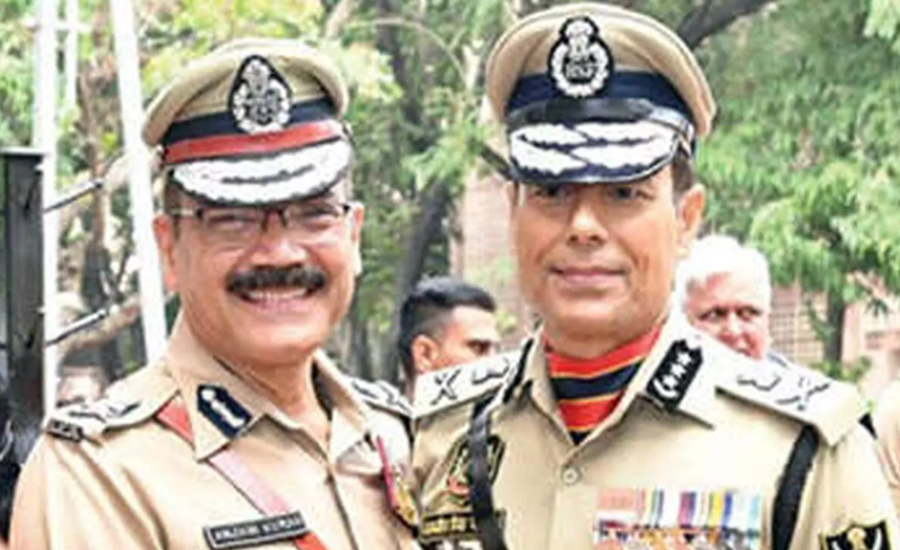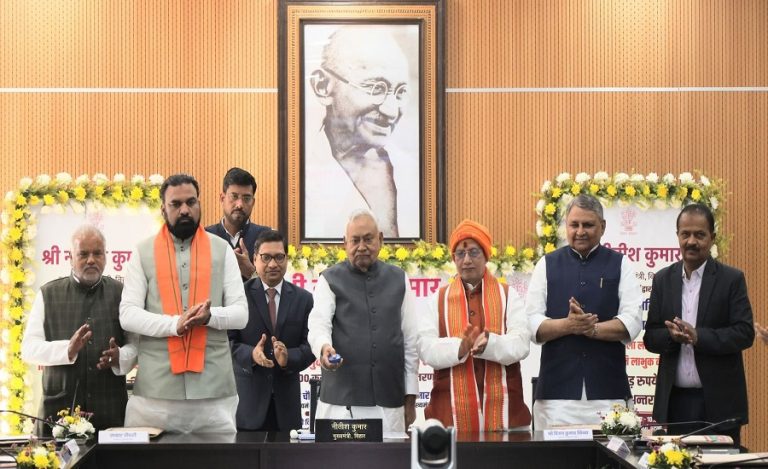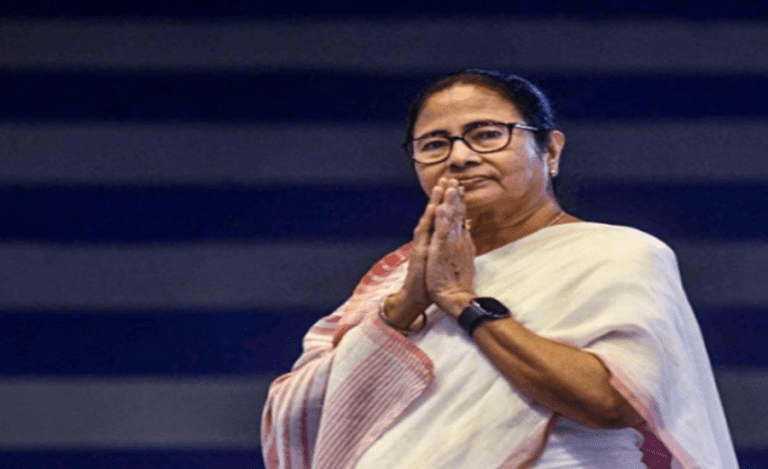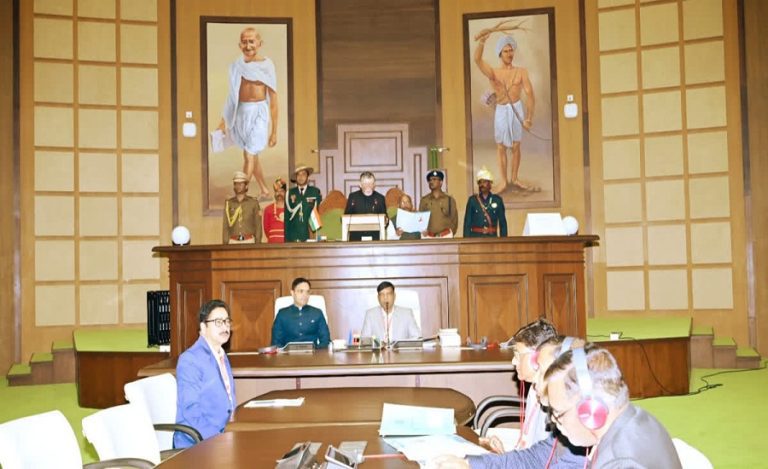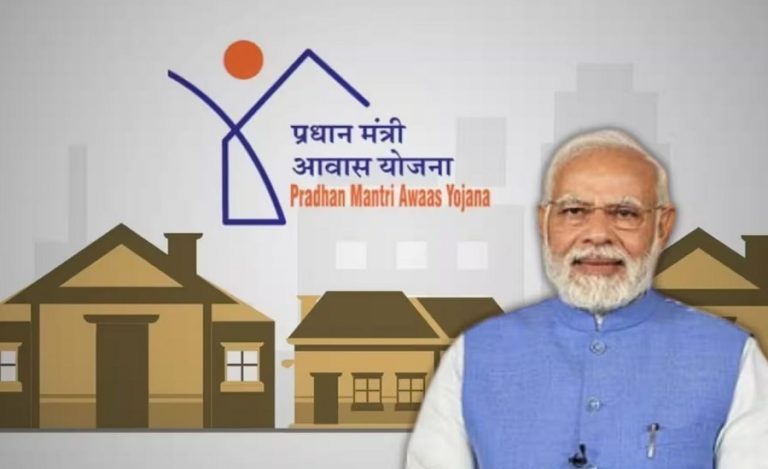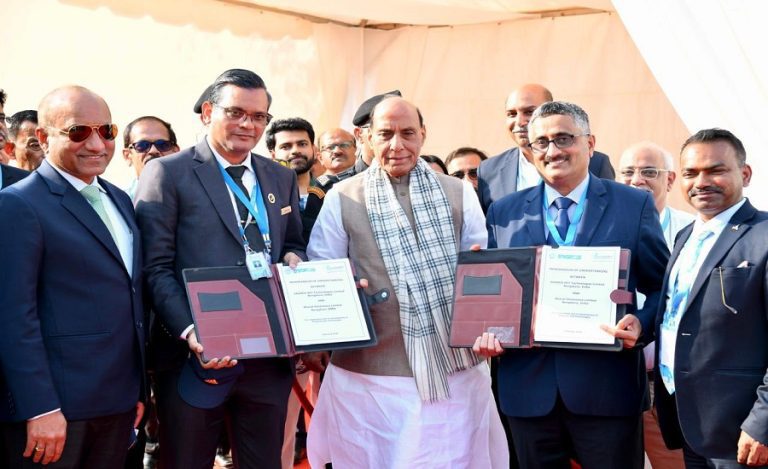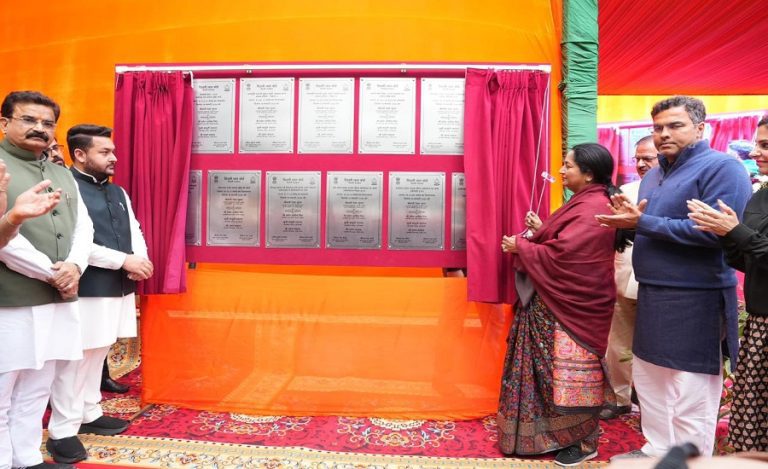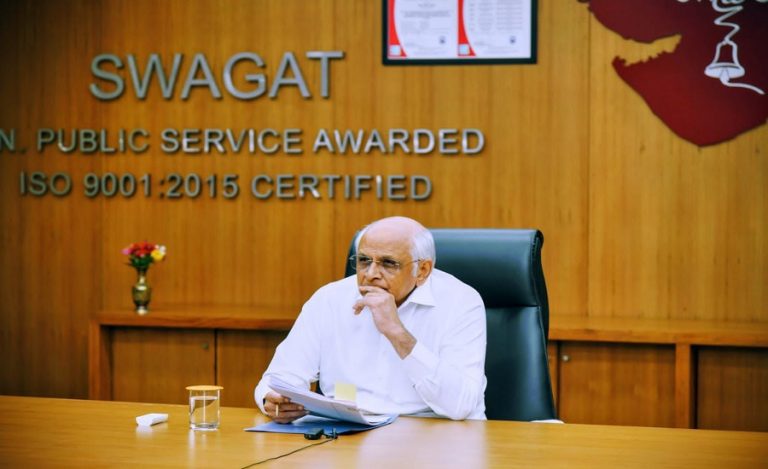In a heartwarming and symbolic moment for Indian policing, two senior Indian Police Service officers, Mr. Daljit Choudhary (Director General of the Border Security Force) and Mr. Anjani Kumar (Director General of Prisons, Andhra Pradesh), unexpectedly crossed paths at the prestigious Sardar Vallabhbhai Patel National Police Academy (SVPNPA) in Hyderabad on Friday.
The occasion was the passing-out parade of newly commissioned IPS officers, but it quickly turned into a moment of nostalgia and camaraderie as these stalwarts of the 1990 IPS batch reunited after decades of service in different parts of the country.
From Cadets to Commanders: A Full-Circle Moment
Both officers began their journey at the SVPNPA more than three decades ago. Their chance meeting at the very grounds where they trained as young cadets evoked emotional memories of discipline, determination, and shared dreams.
Mr. Choudhary and Mr. Kumar, now at the helm of critical policing institutions, shared stories of their training days and reflected on how far Indian policing has evolved. Their journey is a testament to the strength of the Indian Police Service and the lifelong bonds forged within its rigorous training environment.
Inspiration for the New Generation of Officers
Their reunion offered an inspiring moment for the newly inducted officers, highlighting how IPS training lays the foundation not just for professional excellence but also for lifelong professional relationships. Young officers at the ceremony witnessed first-hand the spirit of unity, respect, and continuity that defines the Indian Police fraternity.
Such interactions underscore the Academy’s role as more than a training ground—it is a legacy institution that shapes national security leadership and nurtures values of integrity and service.
Strengthening Institutional Memory and Fraternity
The unplanned reunion also emphasized the importance of institutional memory within the civil services. With both officers now leading crucial arms of India’s internal security—Mr. Choudhary in guarding the borders and Mr. Kumar in reforming the prison system—their shared experience acts as a guiding light for institutional continuity, reforms, and mentorship.
In a world of evolving threats and increasing complexity in law enforcement, such cross-generational and cross-functional bonds contribute immensely to the robustness of India’s administrative ecosystem.

